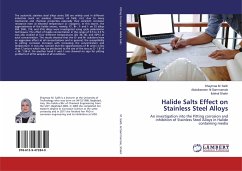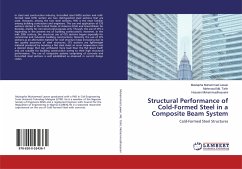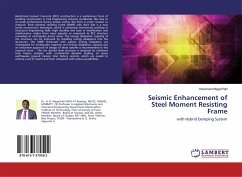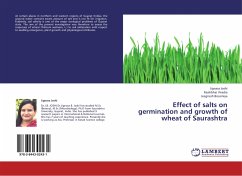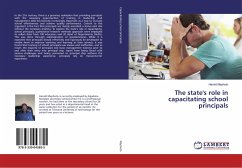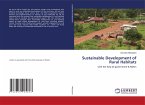The austenitic stainless steel alloys series 300 are widely used in different industries (such as; medical, chemical, oil field, etc), due to many mechanical and chemical properties especially their excellent corrosion resistance even at elevated temperature or cryogenic. In this search, the aggressiveness of the halide anions, namely; Cl-, Br-, F- and I- on SS alloys 304, 304L, 316, and 316L alloys were investigated using cyclic polarization techniques. The effect of halide concentration in the range of 0.5 to 3.5 % was also studied at four different temperatures (20, 30, 40, and 50ºC) at each concentration. The results showed that the Cl- and Br- solutions have an aggressive effect at all concentrations and in general, the susceptibility to pitting corrosion increases with increasing the concentration and temperature. It was also noticed that the aggressiveness of Br anion is less than Cl anions which may be attributed to the size of the ions as Cl- 1.81 A Br- 1.96 A. On another hand F- and I- ions showed no sign for pitting problems of all SS samples at all conditions.

